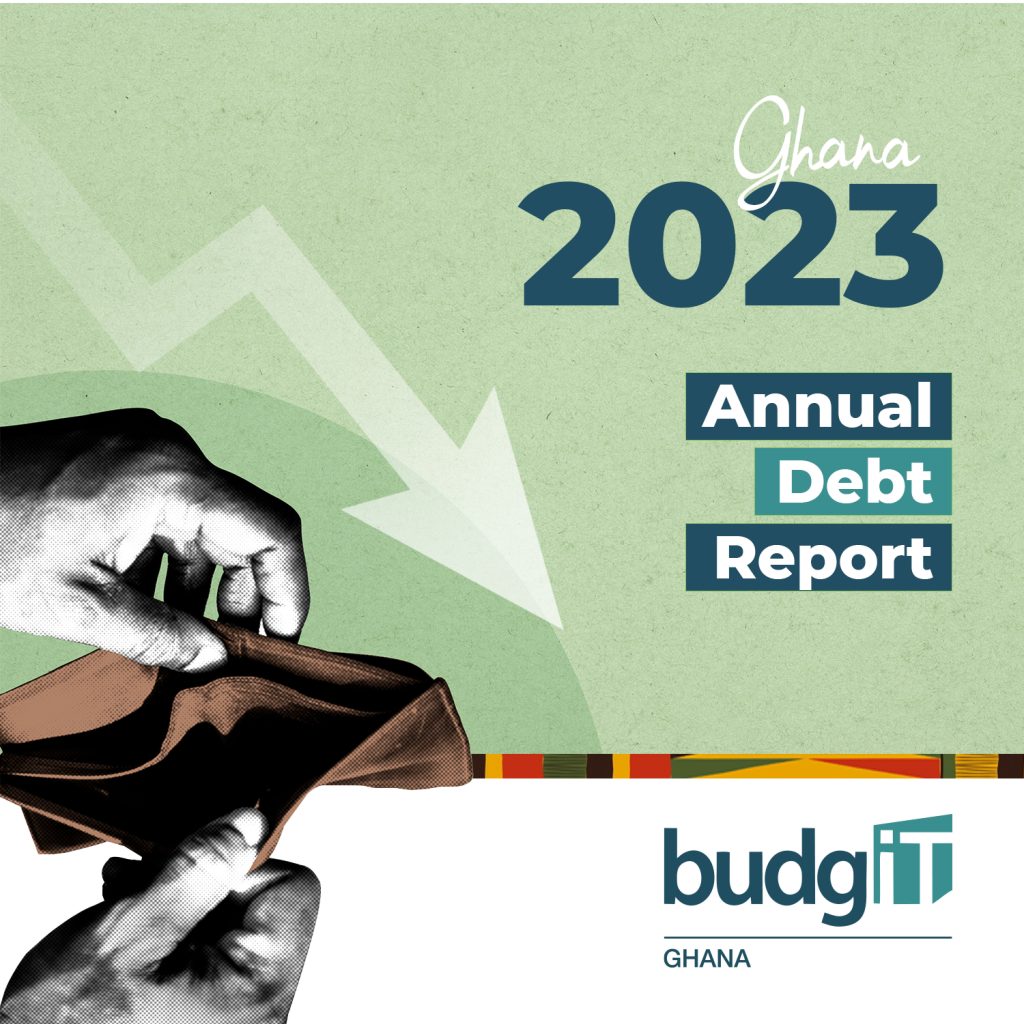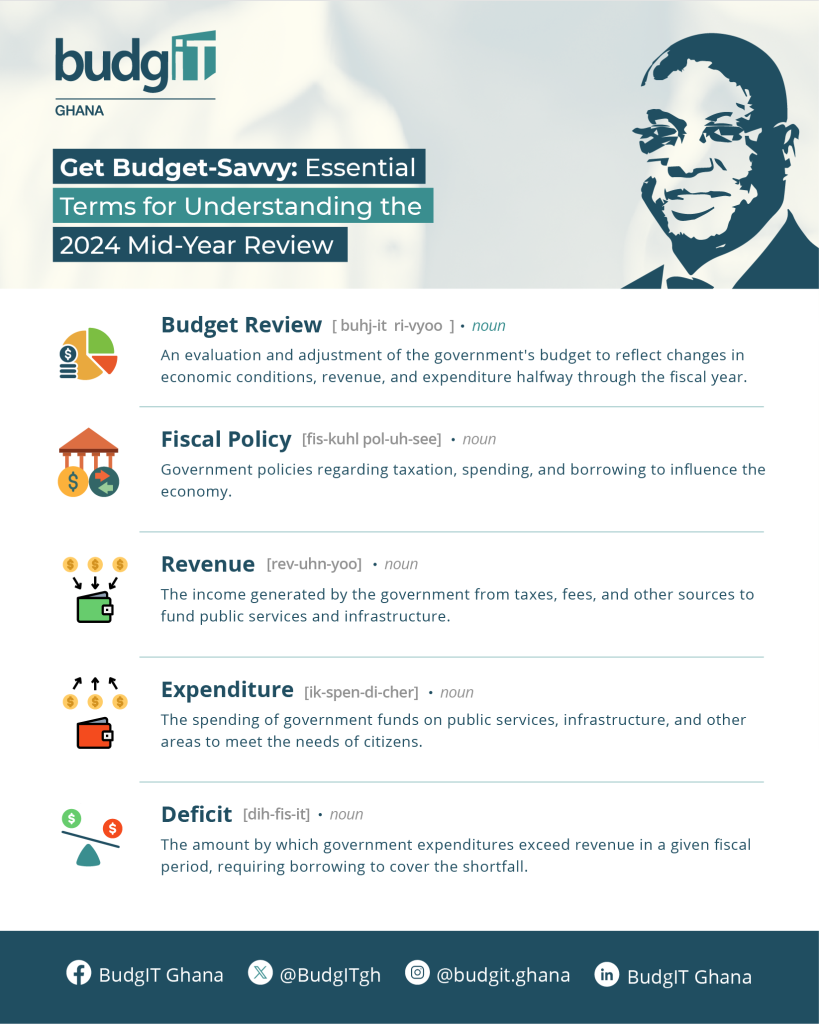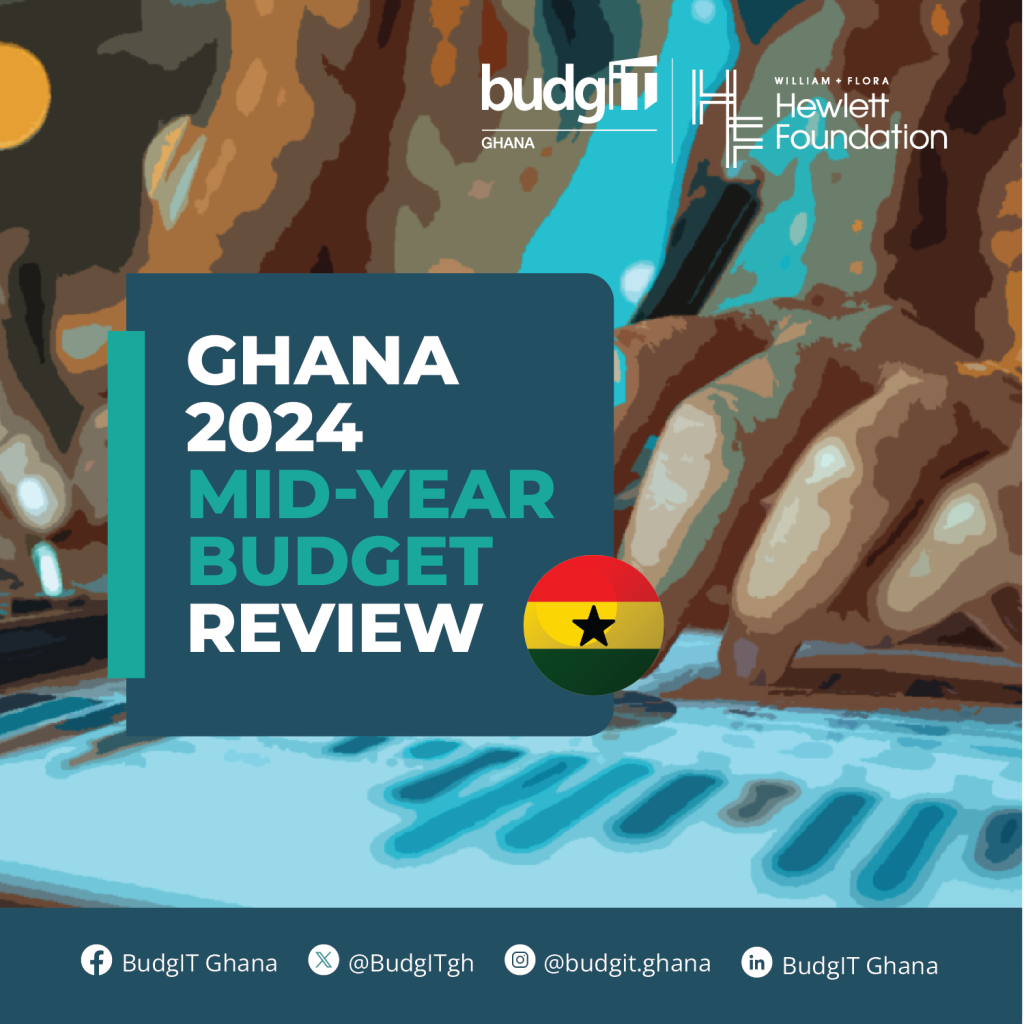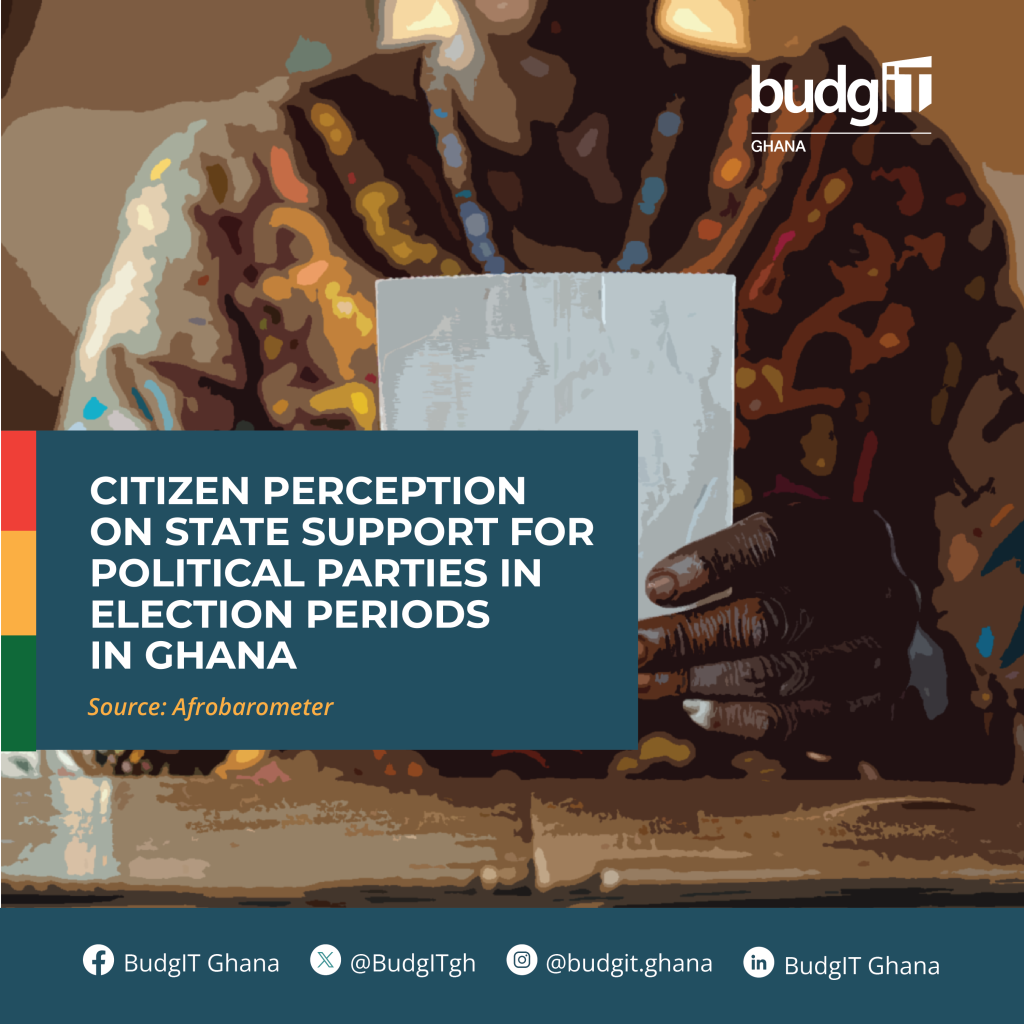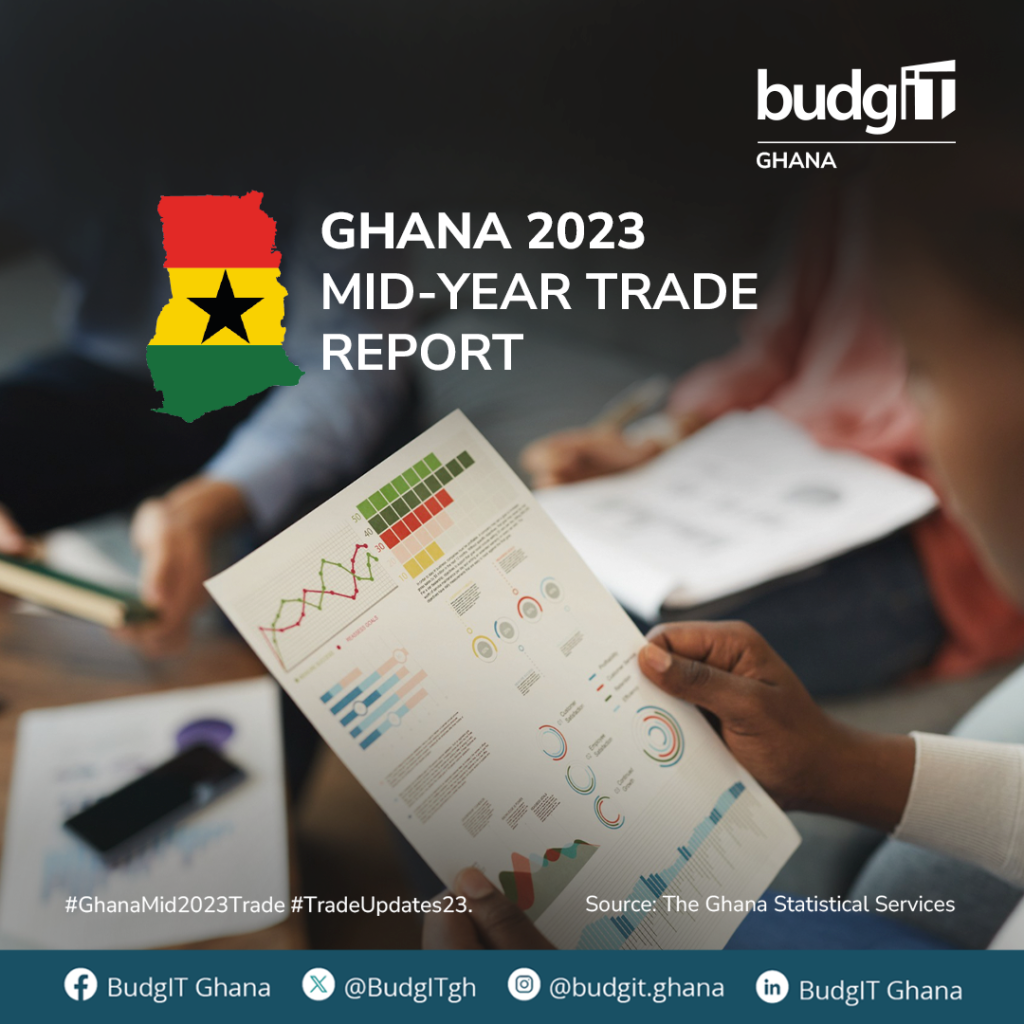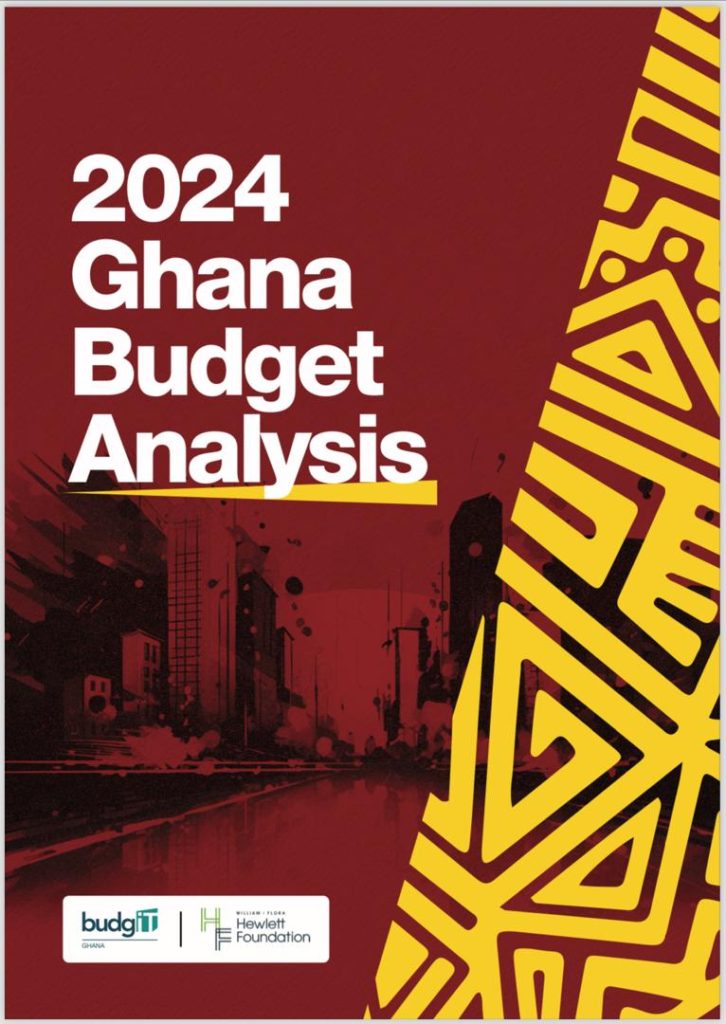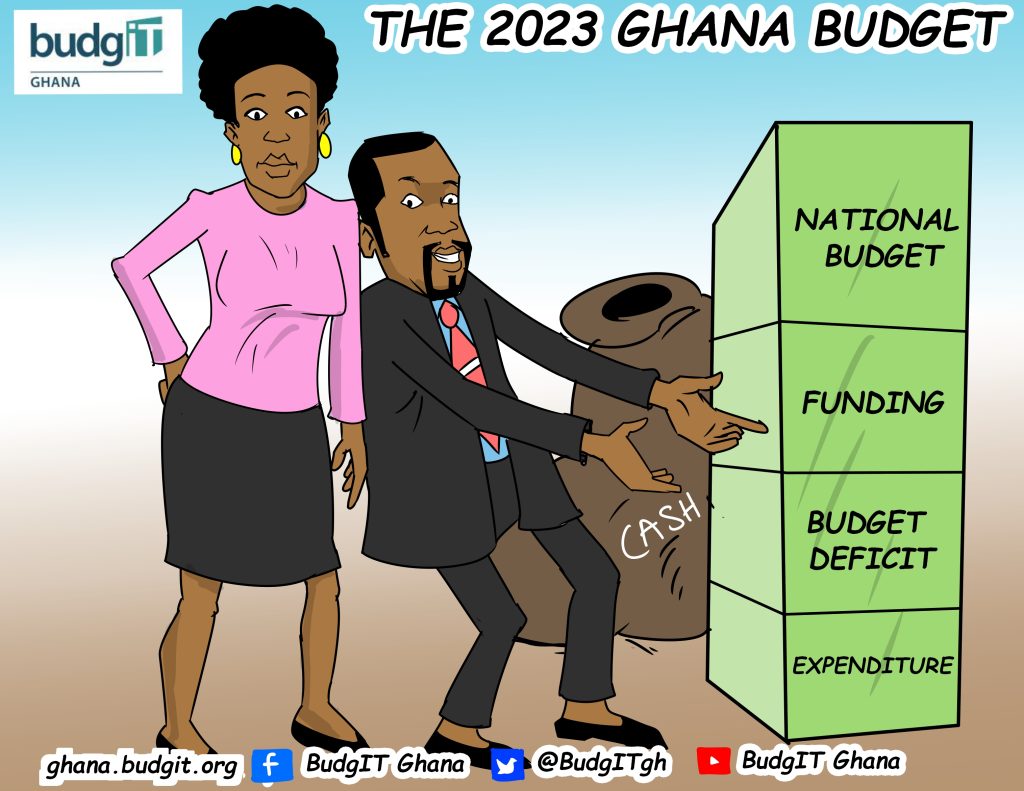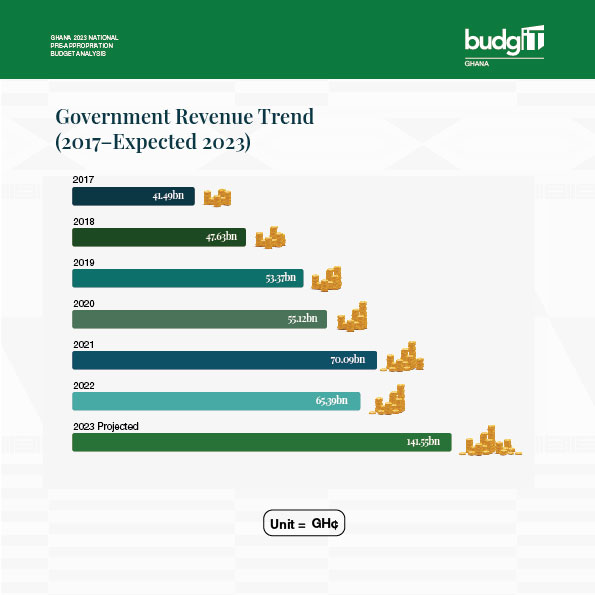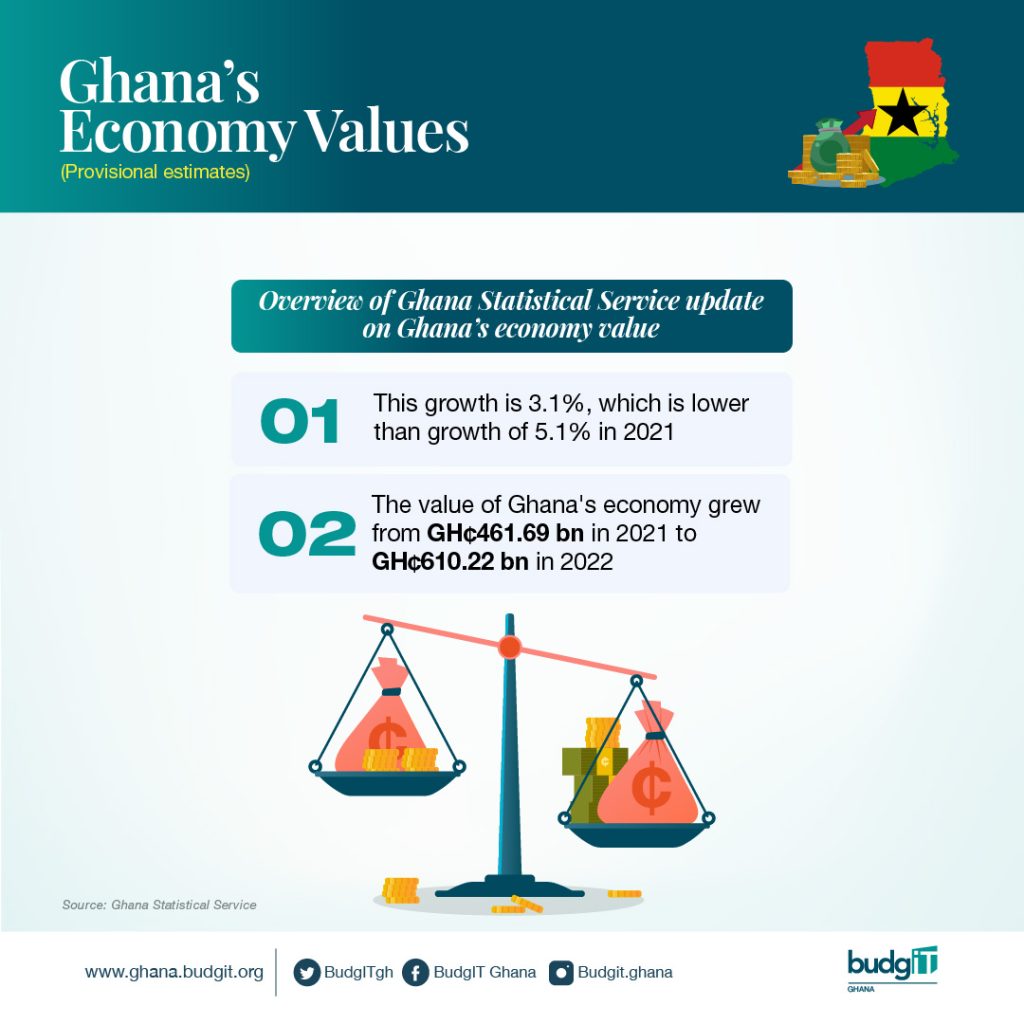2023 Ghana Budget_Illustration
This Publication is part of BudgIT Foundation’s Budget Analysis Series. It simplifies national budget and other financial documents to empower citizens to demand good governance and better service delivery.
2023 National Budget Analysis
As articulated in the Post-COVID-19 program for Economic Growth (PC-PEG), the 2023 national budget aims to restore macroeconomic stability and accelerate economic transformation. This is built on the theme of “Restoring and Sustaining Macroeconomic Stability and Resilience through Inclusive Growth & Value Addition.” It is built around a seven-point agenda that focuses on aggressively mobilizing domestic revenue through various tax reforms, streamlining and rationalizing expenditures, increasing local productive capacity, promoting and diversifying exports, protecting the poor and vulnerable, expanding digital and climate-responsive physical infrastructure, and implementing structural and public-sector reforms.
2023 National Budget Analysis – Ghana
The Ghanaian government anticipates spending about GH¢205 billion in 2023, a 34% increase from the GH¢153 billion in its 2022 expenditure budget. Furthermore, there is a 47% increase in revenues and grants totaling 144 billion Ghana Cedis for the 2023 budget, compared to GH¢98.1 billion in 2022. Despite the expected increase in revenue, the 2023 budget still has a deficit of GH61 billion Ghana Cedis, a 34% increase over the 40 billion cedi shortfall for 2022.
